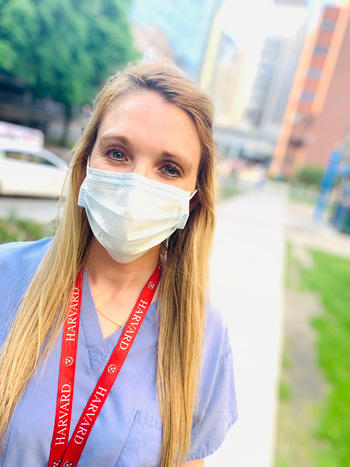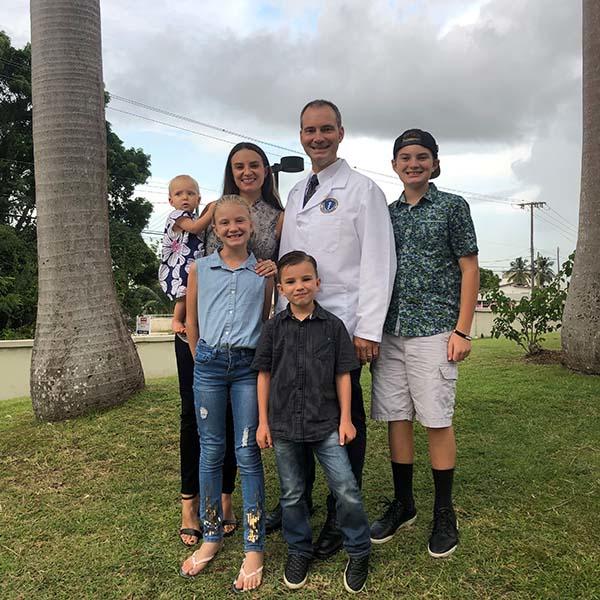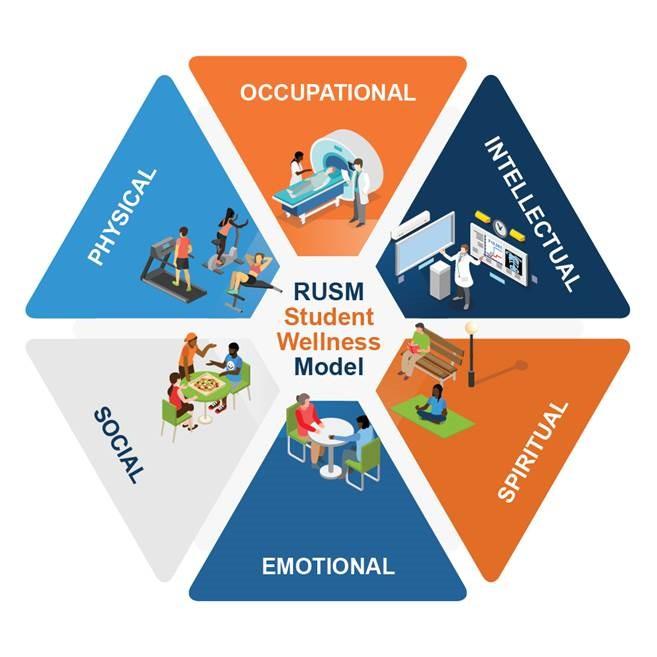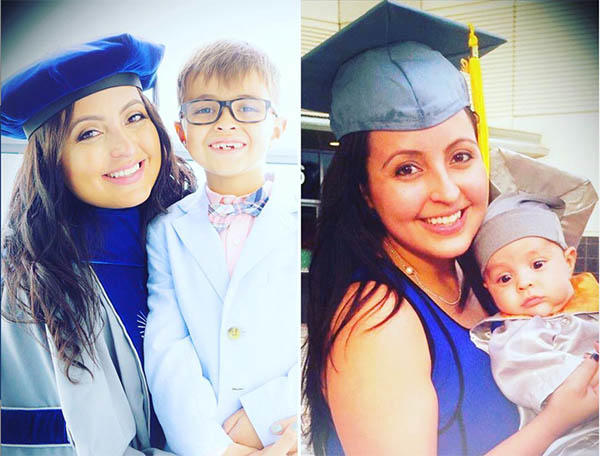Since publication of this article, the CovidSurg Collaborative published a second global study in October 2020, providing a safe alternative for the surgical community to re-start elective surgery and strengthen overall health-system resilience. The report details the benefits of creating a ‘COVID-19 free’ zone within a hospital — where patients treated for COVID-19 are not mixed in the same area as other surgical patients, thereby minimizing the risk of accidental exposure to the virus. Medical expert and study lead Dr. James Glasbey, said, the covid-free zones must be established to protect patients who choose to undergo elective surgery during the pandemic.
The stats are grim. For every person who undergoes surgery during the COVID-19 pandemic, there is a one in four chance they will die and a 50/50 chance they will suffer severe pulmonary complications. Those are the harrowing statistics confirmed and published by CovidSurg, a global consortium of researchers studying the effects of coronavirus on surgical patients. Ross University School of Medicine (RUSM) alumna Brittany Bankhead-Kendall, MD, MS, is a founding member of the CovidSurg dissemination group and part of the team leading the charge at Harvard Medical School—Massachusetts General Hospital in Boston.
“There is such a tremendous risk when you undergo surgery right now, and the results can be catastrophic,” said Brittany, a fellow and administrative chief in surgical critical care at Massachusetts General and one of the leads for CovidSurg’s U.S.A. dissemination team. “Surgeons didn’t have any information about how COVID affects surgical patients. So surgeons from around the globe said, ‘let’s get a grasp on what’s happening and get it in the hands of those who need it.’”
Since its formation, CovidSurg has soared in participation—doubling the number of hospitals and tripling the number of countries—with current enrollment at 733 hospitals across 73 countries and more than 24,000 patients enrolled. “This information is invaluable and everyone wants to take part.”
Talk It Out
For patients who need emergent or urgent surgery—life-threatening or critical—Brittany said a serious surgical consult about risk is imperative. For those planning to schedule an elective surgery—needed but not urgent, which are now an option if patients test COVID-negative—Brittany suggests discussing whether to postpone the procedure. Patients who are susceptible to surgical risk mirror those at risk for contracting COVID—older patients, especially males; patients with multiple comorbidities; and those who are immunocompromised.
“People need to be really careful about what questions they are asking before they have surgery because there is a much higher risk of complications and death compared to before the pandemic. And we’re not even looking at the sickest of surgical patients yet,” Brittany said about the current research, which tracked more than 1,100 patients who underwent surgery from January 1 through March 31. Of those patients, about 75% had emergency surgeries and 25% had elective surgeries. CovidSurg members plan to analyze and publish more updated and dire patient data—from April 1 to April 30th—in its next round of research, due out this summer. Data will be collected from some of the hardest hit areas such as the U.S., Italy, Spain and other sections of Europe.
The CovidSurg study, published in The Lancet, shows the impact of COVID-19 on patients who test positive for the virus from seven days before and up to 30 days after a procedure. “We’re finding the majority of people were diagnosed with COVID after their surgery so there wasn’t a lot they could do ahead of time.” Results show that one in four patients who were infected with the virus before or after surgery died and one in every two patients contracted serious pulmonary complications such as pneumonia, acute respiratory distress syndrome or unexpected postoperative ventilation. The study covered several types of surgeries including eyes, abdomen, extremities, chest and heart; and found that the type of anesthesia used during the surgery—general, regional, sedation and local—didn’t alter the outcome. “It reminds us that COVID is not only a lung disease; it touches a lot of other systems.”
Global Strength in Trying Times
According to the study, which is funded by the National Institute for Health Research, Association of Coloproctology of Great Britain and Ireland, Bowel and Cancer Research, Bowel Disease Research Foundation, Association of Upper Gastrointestinal Surgeons, British Association of Surgical Oncology, British Gynaecological Cancer Society, European Society of Coloproctology, NIHR Academy, Sarcoma UK, Vascular Society for Great Britain and Ireland and Yorkshire Cancer Research, “the pandemic has tested the resilience of health-care systems, including hospitals, which were largely unprepared for the scale of the pandemic. Patients having surgery are a vulnerable group at risk of SARS-CoV-2 [COVID] exposure in the hospital. The impact of SARS-CoV-2 on postoperative pulmonary complications and mortality needs to be established in order to enable surgeons and patients to make evidence-based decisions during the pandemic.”
Within the first week of caring for COVID-positive patients, Brittany said her hospital canceled all elective surgeries because of safety risks already occurring globally, coupled with the presumed shortage of personal protective equipment (PPE). But they still needed to proceed with emergent and urgent surgeries. “A patient is always informed about the risks before a surgery. Now we’re letting them know their risk is even greater.”
And then there are the unknowns—preoperative patients could test negative for COVID even though they’re infected because of the two- to 14-day delay of symptoms after exposure, or a falsely negative result. Or patients may not be infected at all but could contract the virus while at the hospital or in the 30 days once they return home.
“No system is foolproof. At our hospital, like all others, we are doing everything we can to maintain sterilization like extra air filtration and required masks throughout the hospital and minimizing visitors. But there’s still transportation to and from the rooms and on the elevator, and there could be a person in the postoperative room next to you who is asymptomatic but now is showing symptoms. Even though we’re taking more precautions in the hospital than perhaps in the community, no system is perfect.”
Safety in the Operating Room
Since COVID began, Brittany and her colleagues have upped the safety game in the operating room by wearing N95 masks, face shields, eye protection and double layers of PPE. And they’re even more conscientious when the surgery involves bodily areas where COVID is more likely to reside; for example, the airway, nose, neck, mouth and intestines. “We’re always preparing for what may happen because there are so many unknowns. Sometimes patients are so sick that we have to perform the operation in the ICU, which is not as sterile as the operating room. But that’s the oath we took—to care for these people even when it’s not ideal and when we don’t understand all that’s happening. We do the best we can with the knowledge we have.”
Half of a two-physician household, Brittany and her husband Brian, also an RUSM alum, were featured in an earlier story about their heart-wrenching decision to move their two young children to Texas while working through COVID. And though treating infected patients has become part of the routine, Brittany said the fear never fully leaves her. “For the first month or two, there was a fear and it was constant and always on your mind. Now it seems almost omnipresent. COVID is everywhere, and patients infected with it are everywhere. I was dropped in the middle of a battlefield and now, good or bad, I’m getting used to it. We’re now able to more efficiently focus on surgical procedures and the operations even though we’re still learning about all the risks.”
When asked how patients should stay safe for 30 days after surgery, Brittany said, “We’re not making any blanket statements or official recommendations based on this preliminary first set of data. But if it were my parents, I’d absolutely tell them to quarantine themselves for 30 days and not have any contact with anyone even if it’s the most minor of a procedure. The biggest shock value from this study is that you may survive the surgery itself, but then there is still a much higher risk of developing serious complications or even death than there was before the pandemic. I want everyone to take every precaution to mitigate their risks. And most importantly, educate themselves and have open conversations about any operative procedure with their surgeon prior to surgery.”
Appreciative and Thankful
We appreciate your commitment to the continued well-being of our Ross Med community and support during this unprecedented time. Please visit the Ross Med website for the latest updates regarding COVID-19.




